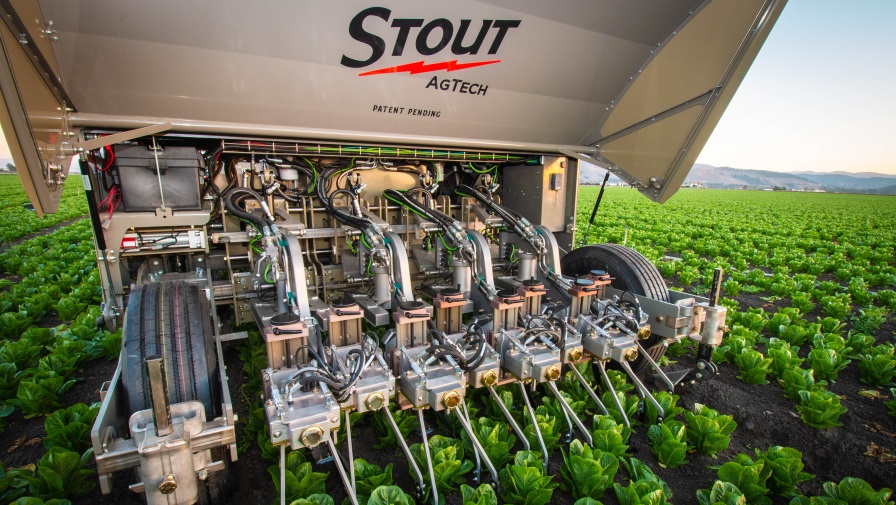Tree Fruit Nurseries Feel The Economic Brunt
The rising prices of fuel, inputs, and labor are having a major effect on how fruit growers do business today. However, you are not the only ones taking a hit from excessive costs. The nursery industry is also feeling the pressure, as orchard and business managers from several of the industry’s leading nurseries are taking a hard look at how to deal with these higher costs.
We asked representatives from some of these companies, which must maintain a strong relationship with their grower-customers, how increasing business and operational costs are impacting the way they operate. We especially wanted to know whether they have been forced to consider passing these costs on to the grower. Here’s what some of them said.
Phil Baugher, Adams County Nursery, Aspers, PA:
Nursery stock production, like most specialty crops, is very labor intensive. During the production cycle, between 15 and 20 separate jobs need to be completed on each tree. It is difficult to combine jobs or eliminate certain procedures due to the specific purpose and critical timing of each operation.
With increases in the minimum wage and the need to compete for limited labor, the cost of producing trees continues to escalate. Nearly 50% of the inputs in a nursery tree are labor, with another 25% being disease and pest management, fertilizer, and herbicides. Fuel is insignificant in comparison, but as we all know, the high cost of fuel is driving up costs of everything else.
We are looking at ways to improve efficiencies, particularly in handling, storage, and distribution, but under Eastern conditions, we are challenged with a very long planting season starting with the Southeast in February and going through May in New England and Canada. This requires long-term storage and high costs in packaging and handling.
Dennis Tarry, Dave Wilson Nursery, Hickman, CA:
We have been focusing on cutting costs for a couple of years now as a result of intense price competition for some of our product lines. Up until recently, competition in our industry has limited our ability to pass on cost increases in production to our consumers. Now, we are reaching the point where cost cutting simply cannot provide the needed funds to offset our increased costs.
Todd Snyder, C&O Nursery, Wenatchee, WA:
The “short” answer is yes, we are being forced to pass on a number of rising costs to the grower. Added labor, fuel, taxes, and materials all have added up to the point that the nursery can no longer just eat all of these costs, and remain financially profitable. In some cases (in state delivery, etc.) we are able to absorb some of the costs, but as a rule we now must keep our pricing in line to help recover these increases we now face as a company.
John Ireland, Fowler Nurseries, Newcastle, CA:
Certainly, we are experiencing increases in cost. Whether we are able to pass cost increases on to growers depends on the very competitive market conditions. So we are taking steps to reduce costs where possible. Fuel cost increases are among the most dramatic. We are trying to do less operation of vehicles and tractors. Before we turn on an engine, we review the importance of the operation and whether other operations can be performed concurrently. The tree delivery season has been a fuel efficient operation, and opportunities for increasing efficiency are minimal. We are considering implementing a fuel surcharge for deliveries.
Fertilizer costs are another area of dramatic cost increase. Our response to this has been to perform more leaf and soil testing to fine tune applications.
The rising costs of production experienced by our customers have resulted in increased interest in testing rootstocks that reduce tree size. This is not just in apples, but in all crops that depend on hand labor.
Tom Burchell, Burchell Nursery, Oakdale, CA:
We are cutting labor and growing fewer trees as a result of the increased costs. We are also considering adding a shipping charge for delivery. Currently, we do not charge for shipping.










